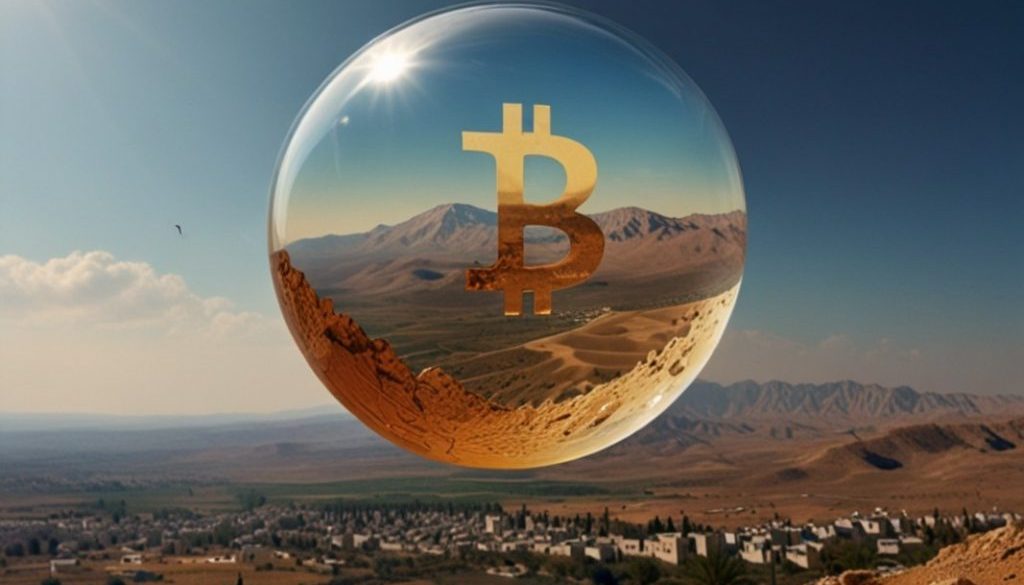by Ghaffar Hussain, Activist Post:

Syria after the fall of Assad is considering the legalization of Bitcoin, including partially backing the Syrian Pound and mining with excess energy reserves.
Syria’s economy is in a bad state, to put it very mildly. Not only has the Middle Eastern nation been battered by over a decade of war, the Assad regime, which has been in power since 1971, has now been overthrown by a jihadist group. The conflict, which began in 2011, has devastated infrastructure, displaced millions, and led to economic sanctions from Western nations. These factors have crippled the local economy and trade, leading to severe inflation. The Syrian pound (SYP), which was once relatively stable, has lost over 99% of its value since the war began whilst hyperinflation has turned basic goods, like bread and fuel, into luxuries for ordinary citizens.
TRUTH LIVES on at https://sgtreport.tv/
In the face of these challenges, Syria has struggled to maintain monetary stability, with dwindling foreign currency reserves and limited access to global financial systems. However, hope may now be on the horizon since it has been announced that the Middle Eastern nation is planning to legalise Bitcoin, explore using it to back its national currency and use its energy reserves to mine it. This ground-breaking policy could transform not only Syria’s economy but serve as a potential model for other nations in the region that are also grappling with inflation and economic instability.
Bitcoin’s decentralized nature makes it immune to geopolitical pressures and the monetary policies of individual nations. This independence offers Syria a way to circumvent traditional financial systems dominated by Western powers and sanctions. Legalizing Bitcoin, and potentially backing the Syrian pound with it, will not only facilitate monetary stability but will do so in a manner that allows the struggling nation to become somewhat immune from regional economic shocks. Bitcoin could also allow citizens and businesses to transact with greater confidence and open up trade channels with countries around the world.
This does make one wonder, localised fiat systems were never a good way to cultivate trade and commerce in the Middle East, where many nations are heavily reliant on each other for basic goods and services and where borders can be porous. Many of these systems are also pegged to the US dollar which does offer a degree of stability but it also allows the US to export its inflation. The region has a long history of trade that relied on gold, since it was widely accepted and recognised as a sound store of value. Bitcoin can now play that role, as it is increasingly recognised as the best store of value and medium of exchange in the world. Bitcoin, like gold, is also much more in-tune with Islamic monetary principles, as I wrote about here.



